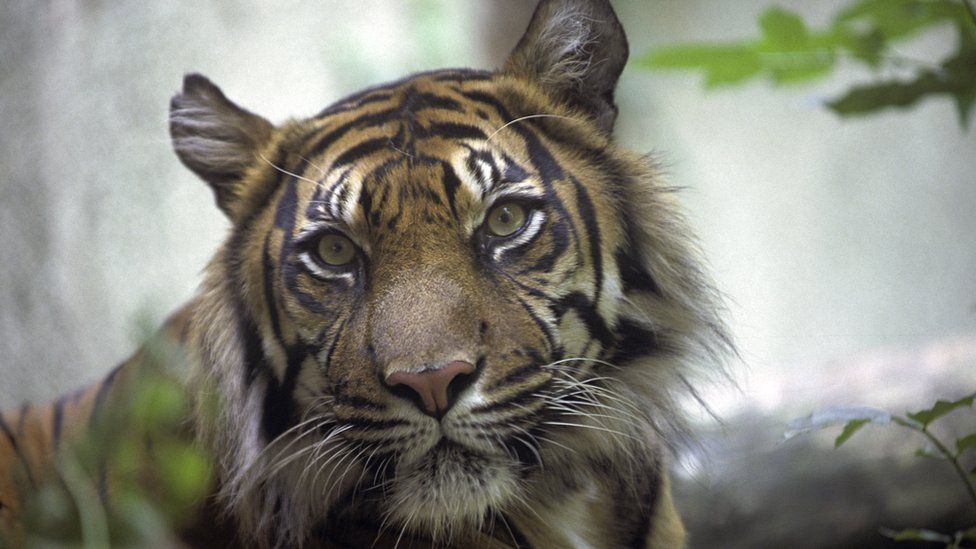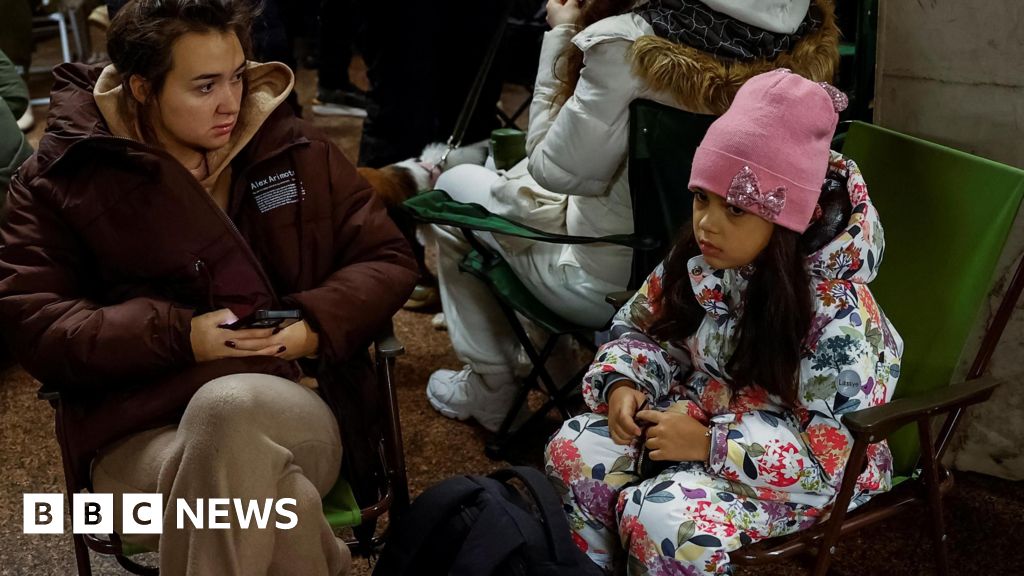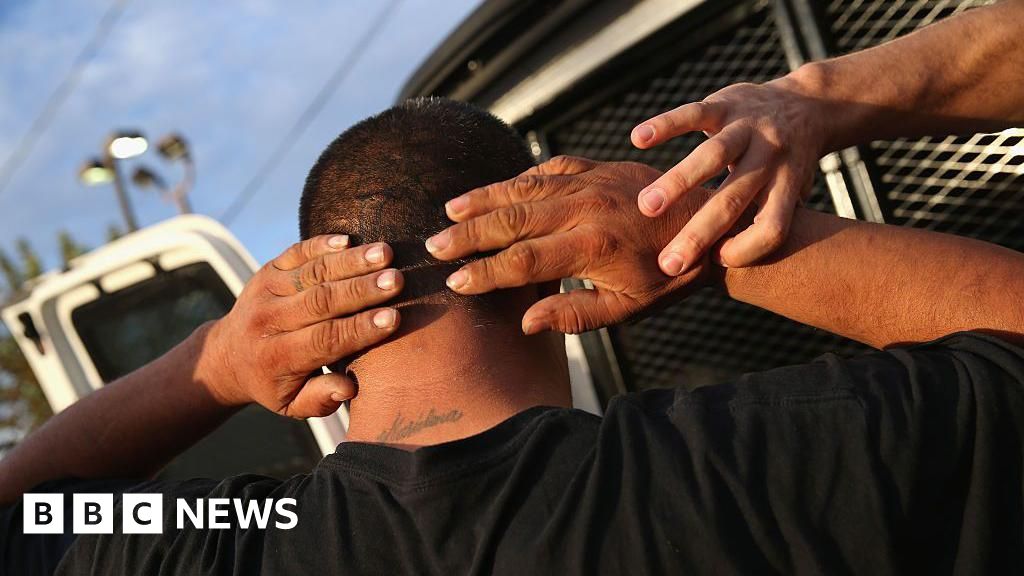ARTICLE AD BOX

Conservationists estimate as many as 7,000 tigers are living in the US either in zoos or privately owned
By Kathryn Armstrong
BBC News
A bill to restrict the private ownership of big cats like lions and tigers in the US has passed by unanimous consent in the Senate.
The Big Cat Public Safety Act would stop people from keeping the animals as pets and from them being exposed to public petting and photo opportunities.
Efforts to curb private ownership have increased in the wake of the Netflix documentary series Tiger King.
The bill now needs to be signed into law by President Joe Biden.
Democratic Congressman Mike Quigley, who introduced the bill into the House, said on social media that it will mean "a lot of big cats will live better lives".
According to estimates from conservationists, as many as 7,000 tigers are living in the US either in zoos or privately owned - nearly double the estimated 3,890 tigers living in the wild worldwide.
Many in the US are on public display, where the hunt for profits in some privately-owned facilities are alleged to drive a " relentless breeding cycle that floods the exotic pet trade with surplus tigers who have outgrown the cub stage", according to the Animal Welfare Institute.
What's more, the institute alleges facilities that offer cub petting have been known to kill tigers once they can no longer be used to make money.
Under the new bill, possession of lions, tigers, leopards, cheetahs, jaguars, cougars or any hybrid of these species would be limited to wildlife sanctuaries, universities and certified zoos.
Those on display would need to be kept at least 15 feet (4.5 metres) away from the public or behind a barrier to prevent contact.
However, current owners of big cats will be allowed to keep their animals - as long as they don't allow direct contact between them and the public and register them with the US Fish and Wildlife Service.
Susan Millward, executive director of the Animal Welfare Institute, has said the Big Cat Public Safety Act "will end the horrific exploitation of big cats and bolster public safety".
"These beautiful but powerful predators deserve to live in the wild, not be kept in captivity for people's entertainment—even as cubs," she added.
Carole Baskin, one of the stars of the Tiger King series and the founder of the Big Cat Rescue sanctuary, has become a champion of the bill and has said she is "thrilled" by the outcome.
You may also be interested in:
Lions and tigers escape circus life for vast new home

 1 year ago
32
1 year ago
32








 English (US)
English (US)